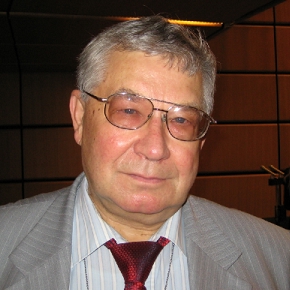 |
||
|
Abbott Likely to Sign Australia-India Uranium Deal During New Delhi Visit RIA Novosti, PUBLISHED 05.09.2014 Australian Prime Minister Tony Abbott might sign a deal enabling uranium exports from Australia to India during his New Delhi visit on September 4-5. “My visit will be an opportunity to engage with Prime Minister Narendra Modi early in the term of his government to increase bilateral cooperation to advance our mutual interests,” Abott was quoted as saying by The Times of India. Reports in August claimed both Australian and Indian officials have outlined necessary safeguards for the exports. Abbott’s office was unable to confirm any details related to the country’s potential uranium sales to India. Topics: Uranium, Australia, India Other news: The Agreement was signed on September 3, 2014 in Algeria. Rosatom Says Has Enough Uranium for a Century Rosatom is in the second place by Uranium reserves in the world. Ex-TEPCO Executives to Face Criminal Charges Over Fukushima Disaster The decision of the 11-member public panel concerns Tsunehisa Katsumata, chairman of TEPCO at the time of the disaster, and two former vice presidents – Sakae Muto and Ichiro Takekuro. |
Hero of the day 
The ISTC Responsible Science Program and Subprogram Culture of Nuclear Nonproliferation The dual-use nature of nuclear technology consisting in the potential for its application equally in peaceful and military sphere is the basic contradiction for the existing nuclear nonproliferation regime and comprehensive development of the nuclear power and nuclear fuel cycle. INTERVIEW
Jerry Hopwood OPINION
Joint Plan of Action |

